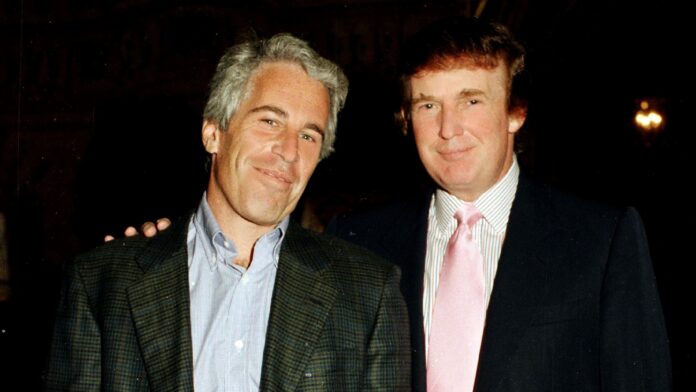New Jersey’s political landscape is buzzing with activity this week, but no issue has commanded more bipartisan unity—or national attention—than the push to make the full Jeffrey Epstein investigation files public. In a rare moment of complete statewide agreement, every member of New Jersey’s congressional delegation has backed measures requiring the Department of Justice to release all remaining documents tied to Epstein’s criminal network, his death in federal custody, and any associated communications or case materials. The effort has positioned New Jersey lawmakers at the center of a federal transparency fight now taking shape on Capitol Hill, a topic closely followed within our [politics] coverage.
Both the House and Senate approved the legislation with overwhelming support—427–1 in the House and unanimous consent in the Senate—before the bill was signed into law on November 19, 2025. Under the new mandate, the Justice Department has 30 days to make the files public. While no New Jersey official has been publicly named in any of the documents released so far, the state’s delegation maintains that full disclosure is the only way to restore public trust. The upcoming release is expected to illuminate not only the failures that allowed Epstein to operate for years but also any individuals who may have been connected to him through political, financial, or social circles.
The issue also gained renewed attention after newly surfaced emails showed communications between Epstein and New Jersey–raised journalist Michael Wolff, in which Epstein referenced conversations about Donald Trump. Although the relevance of these exchanges remains unclear, they have added another layer of interest—and political jockeying—to a story already under intense scrutiny. Nationally, the debate has taken on a sharply partisan tone, with Democrats accusing the previous Trump administration of blocking earlier efforts to release the files and Republicans arguing that Democrats are anxious about who else may be named. But in New Jersey, the delegation remains firmly aligned in its stance: transparency must come first.
While the Epstein legislation dominated headlines, the state’s political developments extended far beyond Washington. In Trenton, Governor-elect Mikie Sherrill has moved quickly to position her new administration. After defeating Republican Jack Ciattarelli in a highly watched race, Sherrill launched a series of listening sessions with small business owners, emphasizing affordability, economic revitalization, and support for local entrepreneurship as key early priorities. Her transition team is also evaluating potential cabinet selections and outlining the first phase of policy initiatives that will shape her opening months in office.
At the legislative level, New Jersey lawmakers are weighing several consequential bills. One proposal would roll back certain lawsuit provisions tied to Daniel’s Law, which shields the personal information of judges, law enforcement officers, and other officials. Another measure—moving on an accelerated timeline—would facilitate Kean University’s takeover of the financially distressed New Jersey City University, a move intended to stabilize the institution and safeguard student services. Both bills are expected to generate significant debate as they move through the Legislature.
Federal immigration activity has also stirred reaction within the state. A second raid this year on a Newark seafood market resulted in multiple detentions and immediate backlash from immigrant-rights groups, who argue that the enforcement tactics used were excessive and harmful to the surrounding community. Local officials continue to seek more information from federal agencies about the scope and intentions of these operations.
Commuters across North Jersey and New York received long-awaited updates on PATH service improvements, as the Port Authority detailed plans to increase service frequency and introduce 24/7 operation across all four lines by 2027. Although the changes promise a major boost to regional mobility, they will coincide with fare and toll increases—an issue sure to generate public debate in the months to come.
As New Jersey navigates a moment filled with shifting political dynamics, bold policy discussions, and national-level transparency battles, the state’s leaders find themselves squarely in the spotlight. Whether on Capitol Hill or at home in Trenton, the conversations unfolding now will help shape the political direction of the Garden State heading into 2026 and beyond.












